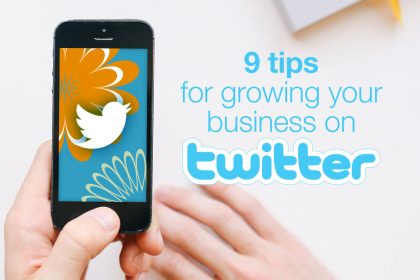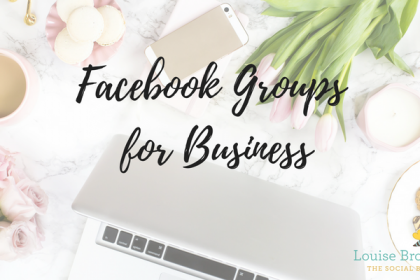10 tips to promote yourself as a media expert in your industry
Want to raise your business or personal profile without paying for marketing? Read 10 tips on promoting yourself as a media expert in your industry – and learn how to get free (and even paid) exposure.
Are you tired of sending out press releases about yourself or your business but not getting much media exposure? Keen to raise your profile without paying for direct advertising or hiring your own PR agent?
As a sole trader with a minimal marketing budget, certified coach and professional organiser Juliet Landau-Pope is finding ways to market herself as an industry expert in the media. So far she’s achieved:
- Features in local and national newspapers such as The Guardian and The Daily Telegraph.
- Photo shoots in glossy magazines such as Woman & Home, Top Sante, House Beautiful, Healthy and Simple Things.
- Live interviews on local radio stations nationwide.
- A recent guest appearance on ITV’s Good Morning Britain.
To help you establish yourself as a go-to industry expert in the media too, she shares her wisdom with us.
10 tips to promote yourself as a media expert in your industry
If you’re keen to promote yourself as a media expert (and to generate some additional income on the way), here are my top tips.
1) Grab every opportunity
Take every opportunity to promote yourself as an expert. I present talks to business and community groups as well as schools and colleges, comment on Facebook groups and other online forums, write guest blogs, and run my own clutter coaching workshops. Blogging is another great way of drawing attention to your specific knowledge and skills.
2) Keep your website relevant
Update your website regularly so it appears live and relevant. Check that it’s mobile-friendly. Make sure there’s a photo of you on the home page ‘above the line’ (on the first screen visible on a mobile) and that your contact details are easy to find. SEO is obviously vital. Update and improve your profile on any other sites that you’re listed.
3) Embrace social media
Journalists and PR people want to see what you look like (current stills and video, if possible) get a sense of your expertise, personality, style and ability to respond and interact. A website can rarely do all this. There’s no need to be active on every platform, but actively engaging with others online will help you get noticed. I create connections (and have a lot of fun) via Twitter.
4) Check and respond to messages as soon as possible
I missed a mid-morning call from a television producer because I was decluttering with a client, but luckily I called her back at lunchtime. If I’d waited till the evening, she would have booked someone else for the slot.
5) Be available at short notice
It’s not always easy, but the more adaptable you are, the more likely to be approached again. Journalists invariably work to tight deadlines and studio schedules offer little flexibility, so be prepared to interrupt your routine. Whether it’s a last-minute babysitter, dog-walker or mobile hairdresser, you’ll need people to turn to when a TV producer calls.
6) Don’t worry about the content of live interviews
It’s unlikely that you’ll be given the questions in advance but remember that interviewers value conversation and spontaneity rather than just delivery of hard facts. And no-one wants you to mess up. So relax, share your passion and be yourself.
7) Be helpful
Have a short bio (max five lines) and a professional-quality profile photo ready to email on request. Offer to provide a list of top tips or additional resources (industry-related data, latest reports, useful websites) to make the journalist’s task easier. They’ll be grateful for the assistance and it’ll reinforce your status as an expert.
8) Ask for mentions
Insist (politely) that your website and/or contact details are included wherever possible in print publications, and check that journalists know the correct spellings, links, phone numbers, etc. Don’t assume that your details will be published unless you ask in advance.
9) Learn from experience, including mistakes!
After each interview, ask trusted friends or colleagues for constructive criticism of your ‘performance’. If you lack confidence, get some training. As a special birthday present, two close friends sent me on a TV training day at Pinewood studios which has proved invaluable.
10) Ask for a fee
Finally, don’t forget to ask for a fee! Not all publications or media will pay, and some only offer a fee if the guest or expert requests it. Don’t be shy – just ask upfront if there is a fee and how and when it will be paid.
Juliet Landau-Pope is a declutter coach and study skills expert, helping busy teenagers and adults to manage time and space more effectively. She also offers Twitter coaching to help sole traders promote their businesses. Find out more via jlpcoach.com.










